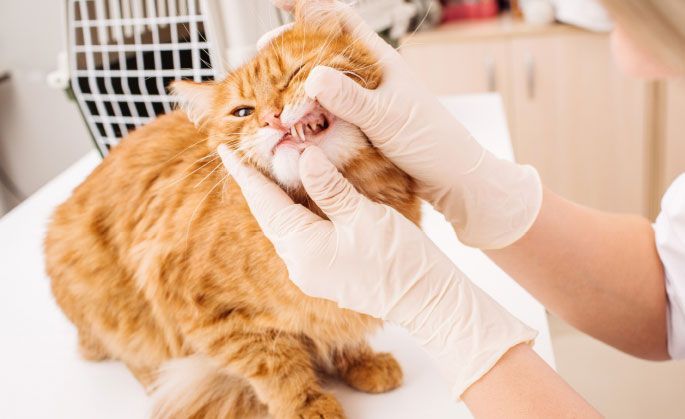Canine Enteric Coronavirus
Canine Enteric Coronavirus - It is NOT Covid-19
Given the current interest in coronaviruses with the emergence of SARS-CoV-2, the causative agent of COVID-19, we thought we would provide information on a not so new virus Canine enteric coronavirus (CCoV.2). Canine enteric coronavirus is a common pathogen of dogs and was first identified almost 50 years ago. There is no known zoonotic risk associated with CCoV.2.
In contrast to COVID-19, Canine enteric coronavirus causes gastrointestinal signs in dogs as opposed to respiratory illness.
Most canine coronavirus infections produce few clinical signs in dogs, with most adults dogs frequently asymptomatic with CCoV infection alone. Occasionally an infection may cause more severe symptoms, particularly in young puppies. The most typical sign associated with canine coronavirus is diarrhoea, typically sudden in onset, which may be accompanied by lethargy and decreased appetite. The stool is loose, with a fetid odor and orange tint. It may contain blood or mucus. The presence of co-infections, for instance both coronavirus AND parvovirus, bacterial or parasitic infection will mean the illness will be more severe.
Transmission of virus in most cases is by oral contact with infected fecal matter. A dog may also become infected by eating from contaminated food bowls or by direct contact with an infected dog. Incubation period from ingestion is 1-4 days, with duration of illness from 2-10 days. Dogs may then shed the virus for up to 6 months.
There is a vaccine available however due to the rarity of infections and mild clinical signs it is not currently included in our routine canine vaccinations. We will continue to monitor local infection rates and provide the vaccine if warranted or requested.
Please don't hesitate to contact us if you have any more questions.
Links below provide more detailed information.
Canine Corona Virus in Greyhounds March 2020 Fact Sheet











